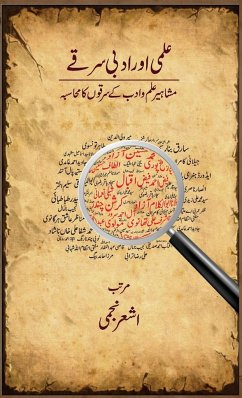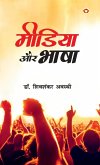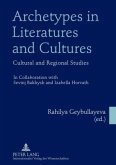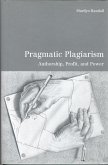Most of the universities in India and Pakistan are in the business of selling degrees which only produces a batch of unemployed youth. Universities form the center of the knowledge economy and the research done in our universities either becomes a part of the records in the corners of the libraries or becomes a termite attack on this useless pile of papers. The disease of distance from reading and writing has become ingrained in our roots, the aversion to knowledge and taking the path of escape starts from school, which becomes a part of the student caste when he is a boy in college and then goes to universities. University teachers who Research they do only for their promotion, students do research only to complete their degree. Obviously, when the goal of learning is non-academic, only replicant scholars will be produced whose goal is to obtain a degree, job, and promotion rather than knowledge. But wait, is this problem limited only to educational institutions? Have you ever wondered what the 'source' of this plagiarism trend is? Have you ever thought that this infection of plagiarism is a product of modern times or a legacy of the elders that has been passed down from generation to generation? When you come to these questions, you will know that the plant which our elders planted and cultivated years ago, has now become a tree. We have become so desensitized that we have even weaponized various literary terms to defend the plagiarism of elders. Paraphrasing, translation, adaptation, 'istifada', etc. are the weapons with which the thief is crowned. What is the relationship between forgery and plagiarism? And what is the reason that a style writer cannot plagiarize others? That is why I said above that as long as we continue to confuse the 'accomplishments' of our writers and scholars and their 'mistakes', we will continue to provide justification for plagiarism to the plagiarists of our time, why? That two standards cannot be established for condemning plagiarism, one for seniors and celebrities and the other for beginners. Of course, you can't correct the 'crooked foundation' of this ancient building, but at least don't make your hypocrisy and indifference so public by giving lame cute explanations to prove it to be 'straight' that our future generations will be intellectually betrayed and forget to even distinguish between literary integrity.
Hinweis: Dieser Artikel kann nur an eine deutsche Lieferadresse ausgeliefert werden.
Hinweis: Dieser Artikel kann nur an eine deutsche Lieferadresse ausgeliefert werden.








